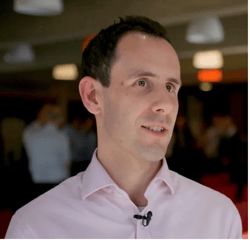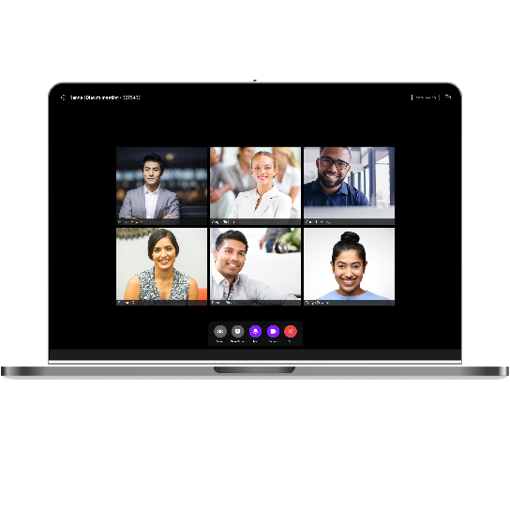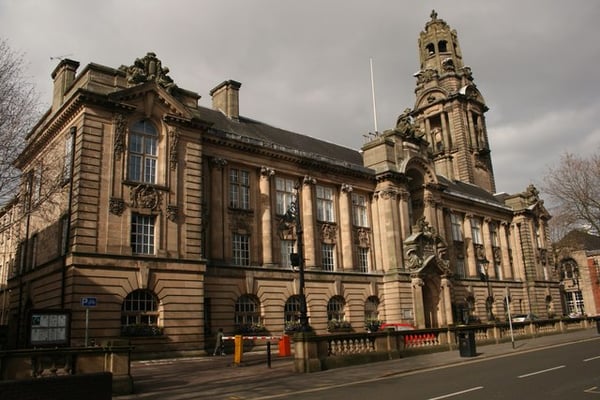The case for a new Local Government Digital Service
The Director of the London Office of Technology and Innovation (LOTI) has made the case for a Local Government Digital Service (LDGA) that could “add umph” to local digital work.
In a recent blog post, James Plunkett argues that the UK Government Digital Service, which spearheaded a transformation in the way public digital work is done – leading to the creation of Gov.UK and the rise of the DDaT profession– could be replicated at local level.
“The GDS story reminds us how a new institution can add energy, clarity, talent, and excitement to a reform agenda even when — or maybe especially when — there’s already good work being done,” he writes.
talent, and excitement to a reform agenda even when — or maybe especially when — there’s already good work being done,” he writes.
The LOTI Director says a new institution, one that supports long-term funding and provides a mandate to support the next generation of local public digital work, “would of course need to work differently to GDS,” mainly in that it would need to be independent of central government and embody localism – emphasising local ownership, context and identities. Plunkett suggests local government could be integral to its governance, with central government playing more of a supporting role.
“In other words, LGDA would need to add umph to the great local digital work that’s already being done, rather than being a distraction or a duplication, or competing for resources or talent.”
Driving local innovation
The opportunities for LDGA to foster greater digital cultures and capabilities across local communities are vast. Plunkett envisions a shared technology stack for local government, more consistent standards that could allow greater interoperability of systems, and the facilitation of smaller scale collaborations between local authorities.
Procurement is another area where LGDA could move the needle on digital innovation, by helping local councils untangle themselves from complex contractual arrangements. As Plunkett highlights: “Ten years on from the creation of the UK digital marketplace, we might hope that Local Authorities had freed themselves from the tentacles of big IT providers like CGI, but many are still entangled in these kinds of old-school, multi-year contracts. Some have even signed new ones.”
Enhancing collaboration
Theo Blackwell, Chief Digital Officer for London, has weighed in on the  argument for a new Local Government Digital Service; highlighting the potential for such an institution to facilitate pan-government collaboration, enabling more joined-up approaches to addressing societal challenges and enhancing the potential for innovation.
argument for a new Local Government Digital Service; highlighting the potential for such an institution to facilitate pan-government collaboration, enabling more joined-up approaches to addressing societal challenges and enhancing the potential for innovation.
Blackwell said it would be a "strong strategic move" for the next UK government. "By focusing on digital transformation, data sharing, and industry reform at the local level, GDSL can drive tangible improvements in service delivery, efficiency, and outcomes for citizens, local councils and the government as a whole."
The first step
According to Plunkett, the best first step in designing an institution like LGDA is to simply ask local DDaT professionals what they would find most helpful.
Given the state of funding in local government, it’s possible that more resources, rather than a new organisation, would be most beneficial. “My personal sense is that although this might be the easy answer to that question, it’s probably not the right answer for the long-term."
Plunkett concludes:“It’s hard to see how we can up the umph of local government digital transformation without some kind of institutional innovation, and specifically without better ways to support collaboration.”






